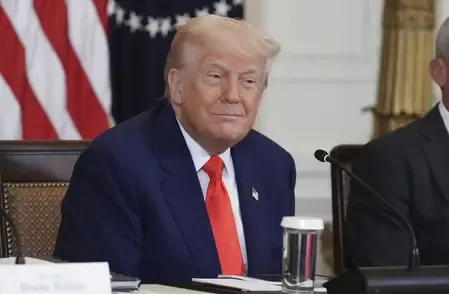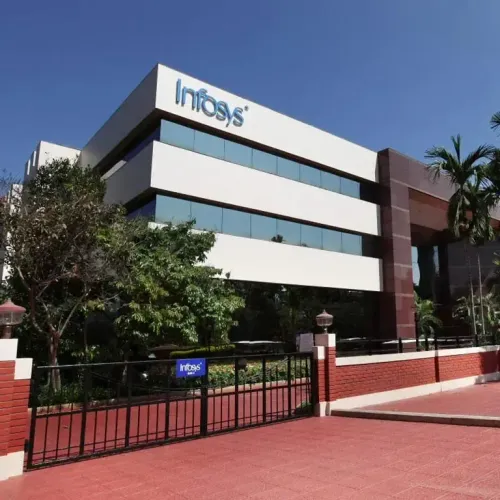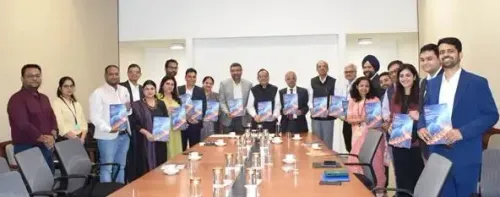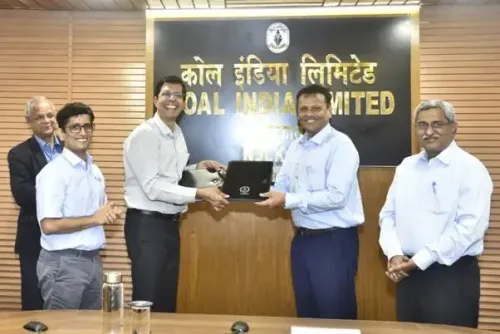Are Trump's Tariffs on India Backfiring?

Synopsis
Key Takeaways
- US tariffs on India are intended to pressure Indian oil purchases from Russia.
- Indian buyers initially reacted by seeking alternative sources.
- Russia lowered oil prices to retain Indian customers.
- The geopolitical relationship between India and China is a critical factor.
- Trade relationships may have unintended consequences on international diplomacy.
Washington, Sep 3 (NationPress) As US President Donald Trump reiterated his critique of trade relations with India on Tuesday, American media outlets are actively analyzing the ramifications of the India-US tensions on the nation’s economic strategy and foreign policy.
The Wall Street Journal released an insightful piece discussing the effects of US tariffs on India in response to its purchase of Russian oil, titled: "Trump's Tariffs on India: Why Are They Backfiring?"
Analyst Carol Ryan noted that the initial imposition of tariffs “spooked” Indian buyers, compelling them to abandon sanctioned Russian crude and turn to Middle Eastern sources. However, Russia retaliated by slashing the price of its oil to reclaim its Indian clientele.
She observed that New Delhi has since approved the continuation of these purchases, leading to a return to normal oil flow.
According to Ryan, “The unintended effect of the US crackdown has therefore been to make Russia’s already discounted oil even cheaper for India.” As of Friday, a barrel of Urals oil costs India $1 less than it did before the White House first threatened the increased tariff, she added.
Conservative commentator Ben Shapiro, in a conversation with journalist Megyn Kelly on her podcast “The Megyn Kelly Show”, criticized White House Senior Advisor Peter Navarro, stating: “If you do the opposite of what Peter Navarro is saying, then you're going to do well.”
On the implementation of 50 percent tariffs on India, Shapiro expressed that the US has provided “a lot of sticks and not enough carrots.”
While he asserted that the trade relationship with India is not fundamentally crucial for the United States, he emphasized that New Delhi’s geopolitical importance should not be underestimated.
“We conduct more military exercises with India than with NATO. If they (India) shift towards China, it could destabilize the geopolitical landscape,” he remarked.
The Economist magazine, in a Tuesday article, spotlighted the SCO Summit and the following military parade in China, labeling it as “Xi Jinping’s anti-American party.”
It described Prime Minister Narendra Modi's presence at the SCO Summit as “most striking,” suggesting it indicated “India’s pivot from America towards China.”









